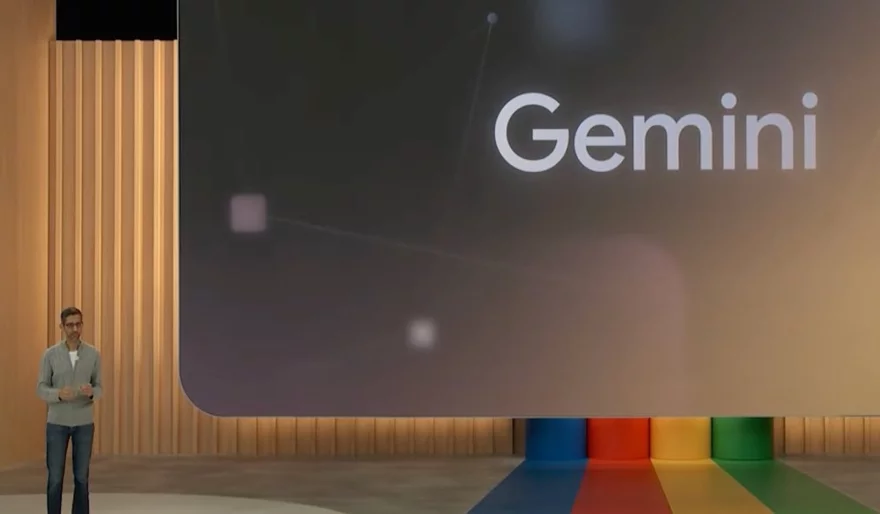Stay Ahead of the Curve
Latest AI news, expert analysis, bold opinions, and key trends — delivered to your inbox.
Google Delays Release of Gemini AI, Its Answer to OpenAI's GPT Models
5 min read Google's tech twist! Anticipated AI model, Gemini, hits a delay, surprising the industry. The release, initially set for late 2023, takes an unexpected turn. Stay tuned for the next chapter in AI innovation! November 17, 2023 06:55
In a move that has surprised many in the tech industry, Google has announced that it is delaying the release of its much-anticipated AI model, Gemini. Gemini was initially expected to be released in late 2023, but Google now says it will not be available until sometime in 2024.
The delay is reportedly due to a number of factors, including the need for more time to fine-tune the model and to ensure that it meets Google's high standards for safety and ethics. Google also wants to make sure that Gemini is integrated into its products and services in a way that is both user-friendly and beneficial.
The Significance of Gemini
Gemini is a multimodal foundational AI model, which means that it can process and understand a variety of different data types, including text, images, and code. This makes it a much more versatile tool than previous AI models, which were typically limited to one or two data types.
Gemini is expected to be a significant competitor to OpenAI's GPT models, which are currently the most widely used AI models in the world. Google hopes that Gemini will be able to outperform GPT models in a variety of tasks, including natural language processing, image generation, and code generation.
The Implications of the Delay
The delay of Gemini's release is a setback for Google, but it is not necessarily a fatal blow. Google still has a number of other AI models under development, and it is possible that one of these models will be able to compete with GPT models in the near future.
However, the delay does give OpenAI a chance to further cement its lead in the AI race. OpenAI has been investing heavily in AI research for several years, and it has a number of talented engineers and scientists working on its projects.
The Future of AI
The race to develop the most powerful and versatile AI models is intensifying, and it is unclear who will emerge as the victor. However, one thing is for sure: AI is going to play an increasingly important role in our lives in the years to come. It is essential that we continue to develop AI in a responsible and ethical way, ensuring that it benefits humanity as a whole.



















 AI Agents
AI Agents